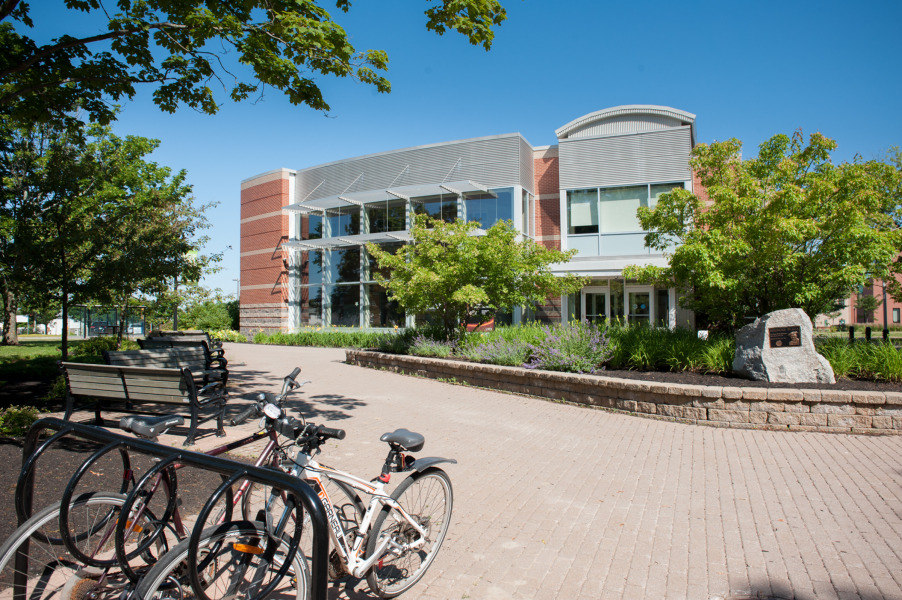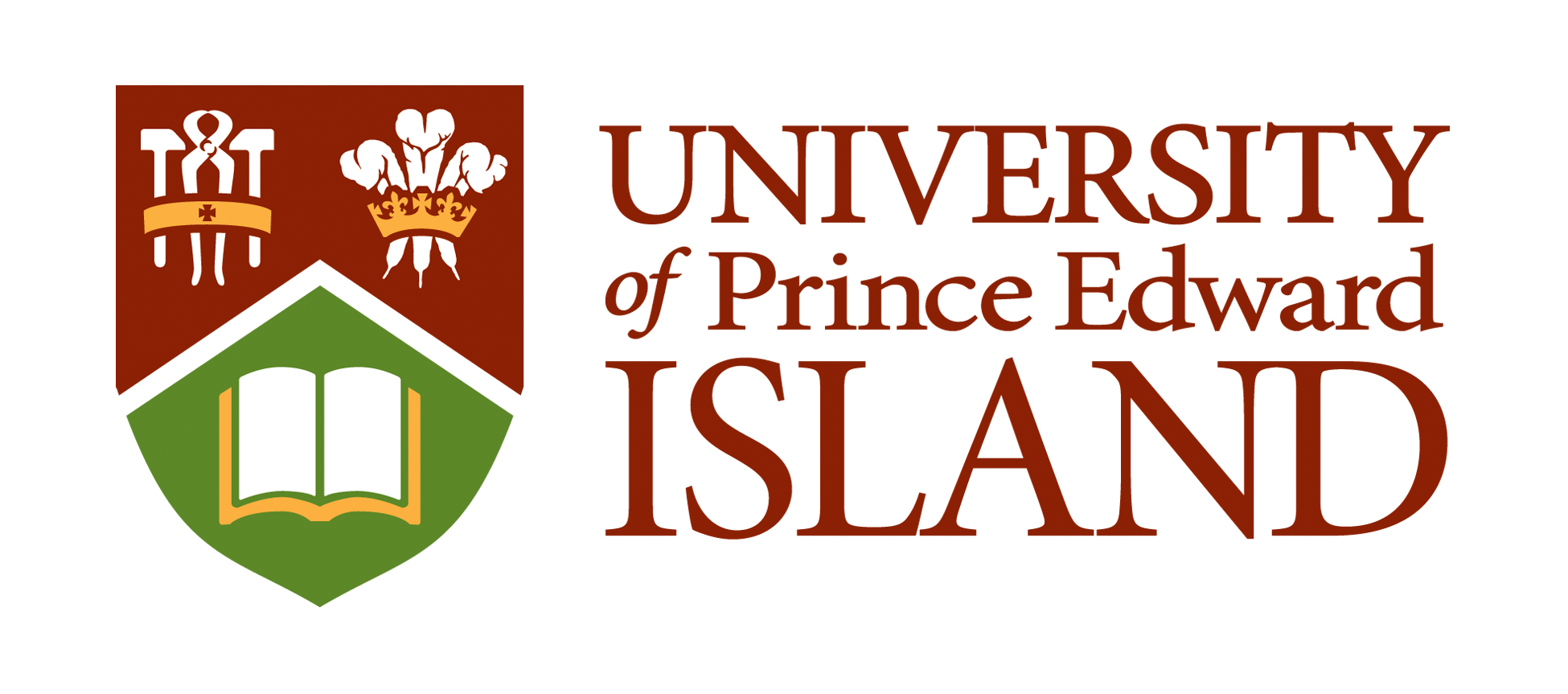Message from the President: Reflections, Actions, and Next Steps

The following message was sent to students, staff, and faculty by email on June 23, 2023, on behalf of the Office of the President.
Dear Members of the University Community,
It has been just over a week since the release of the Rubin Thomlinson report. The report represents a low point in the history of our great institution. As the provincial University, we need to acknowledge and accept the seriousness of the challenges outlined in the report and act on the recommendations. As an administrator, I have a particular leadership role and level of accountability. As members of the University community, we all have a critical role in making UPEI the safest, most inclusive campus it can be.
I had seen the report about a week prior to it being released publicly, during which time the report was being examined by legal advisors as outlined below. I used this week to process what I had read, and I expect I experienced the same range of emotions that many of you did.
My first stage was anger—anger that colleagues, including students, endured and continue to endure what had been documented in the report. Some have suggested a lack of awareness on my part because I expressed this emotion. As Dean of the Atlantic Veterinary College, I was aware of some cases of harassing behaviour. I always tried to deal with these situations immediately in a fair and transparent manner. Was I always successful—absolutely not. And, while I was aware of these AVC issues, I was not aware of the extent of the issues across campus. So, when I read the comments, in particular the ones made by students, I was angered that, as an institution, we let these members of our community down.
After my initial anger—I became saddened and felt compassion for the victims. I turned my mind to what our next steps needed to be in order to begin addressing our cultural and safety issues. By doing so, some indicated that I was moving too fast to initiate change. I accept that criticism, as I understand that some reading the report for the first time needed—and perhaps still need—time to process before they could begin to think about action.
However, many in our community have clearly demanded immediate action. We have taken some significant steps, and there will be more:
- The report was made public. The University indicated it would release a high-level summary of findings. Rubin Thomlinson’s first recommendation was to make the report public and we agreed that it was better to release the full report and to be open and transparent. Redactions were required by law and clearly identified as needed by Rubin Thomlinson. On page 74 of the report, Rubin Thomlinson outlines that the report contains personal and/or identifiable information of both victims and perpetrators that might present legal issues if disclosed. They indicate that the University will need to redact sections that fall into this category. They go on to say they hope people will accept that “some redactions are necessary and inevitable.” The University’s legal counsel made the redactions based on their knowledge of the applicable laws and using the question “would an individual be able to be identified based on the wording in the report,” as their threshold.
I have heard a number of opinions on the redactions, ranging from, “I gave my information anonymously and was not expecting it to be printed,” to “redactions were only made to information related to administrators.” To the former, I hope that this did not trigger difficult emotions—all attempts were made to redact information that was thought to be identifiable. To the latter, I can say that the redaction threshold was applied consistently to all identifiable information, regardless of whether it related to an administrator, professor, or someone else in the community.
- We must protect the 2021 complainant. On page 12 of the report, Rubin Thomlinson explains that they have not appended the investigation document “because we have recommended that the report (for the broader workplace policies and culture review) be made public.” We want to respect the rights of the complainant and ensure that we do not cause her any harm by sharing personal information publicly. Furthermore, as I understand it, the investigation document cannot be made public as a matter of law. To do so would breach the privacy of the complainant and the witnesses. The process is to give a reporting letter both to the complainant and the respondent, which has been done. We can confirm that the former president resigned his presidency in December 2021, and he is no longer on administrative leave or a faculty member of the University.
- We need to support under-resourced offices identified in the report. The Vice-President, Administration and Finance had a very large portfolio, including overseeing all aspects of Human Resources. One of the challenges of the organizational structure of the previous administration was the limited number of voices on the senior executive team. With the Vice-President, Administration and Finance being on leave, I took the opportunity to create a new vice-president position (People and Culture) to focus attention and resources on the recommendations in the report, including that of the Equity, Diversity, and Inclusion and Sexual Violence Prevention and Response offices. Some have applauded this move and others have criticized it. The full role and portfolio of the Vice-President, People and Culture needs to be elaborated and will be done in a collaborative manner. I thank Sue Connolly for taking this interim role on until the position planning is complete, and a full and open search can be undertaken. In the meantime, work must be started to better resource the Equity Diversity and Inclusion Office and the Sexual Violence Prevention and Response Office. The report is clear on this item.
- There have been no new non-disclosure agreements signed in the last 18 months. The report recommends that the use and content of non-disclosure agreements (NDAs) and confidentiality clauses in relation to harassment, discrimination, and sexual violence be restricted. We agree and have done that. The University is compliant with, and in fact, exceeds the requirements under the Non-Disclosure Agreements Act.
There has been some confusion around this topic in the media. Confidentiality agreements may be complex and negotiated through other parties, including unions and legal counsel for each party. All individuals were released to contribute to the Rubin Thomlinson review. In terms of historic NDAS or confidentiality agreements, if there are people who would like to be released from their confidentiality obligations as a result of signing one of these agreements with UPEI, the University will consider these requests. Individuals should reach out to Erin Porter at eporter@fasken.com to discuss.
The University had hoped that the 2013 complainants, who had filed complaints against the former president, would participate in the review and the separate investigation into the allegations against the former president. The 2013 complainants are subject to a confidentiality agreement. The University’s counsel has confirmed that UPEI has, for its part, fully released them from the terms of the agreements they signed. The University did not limit these releases to participation in the Rubin Thomlinson investigation and review.
Additionally, the University also offered to indemnify the 2013 complainants. Where the confusion may lie is that the University did limit the scope of the indemnity agreements that were offered. These were limited to the complainants’ participation in the Rubin Thomlinson investigation and review. What this means is that the University offered to shift the liability, if any, from the complainants to the University, for the purpose of allowing them to participate in the investigation and review. The indemnity agreements that were offered do not replace or override the releases from the non-disclosure/confidentiality agreements.
The University, for its part, has no intention to enforce the non-disclosure/confidentiality agreements signed with the two 2013 complainants and considers those persons released from their obligations.
Of the other 29 NDAs referenced in the report, none were related to allegations made against the former president, one was related to alleged sexual harassment involving a graduate student and professor, and the others were primarily signed for employment matters.
We will use a broad, community-based process to develop the action plan to review and implement the report’s recommendations. I am meeting with Government officials next week to discuss next steps in light of recent discussion and motions that have been passed in the Legislature.
People at or associated with UPEI care deeply about our University. I have heard, directly and indirectly, from faculty, librarians, staff, students, deans, senators, unions, alumni, and community members, all wanting to support the development of the path forward. People sincerely want to help because they believe in UPEI. As the action plan is developed, I am committed to hearing these voices and meaningfully engaging them in the development of our plans. We also need to acknowledge that we may not have all the answers internally and will need to involve outside expertise to examine best practices in higher education.
Our journey starts with listening. As a first opportunity, I invite students, staff, and faculty to attend a
UPEI Community Town Hall
Monday, June 26, 2023, 1:30 pm
Performing Arts Centre in the south tower of the new residence building (PAC 121S)
(Please note that the location has been updated from what was stated in the original message.)
This is for the University community—people need to be able to speak openly and freely. I will, as always, make myself available for media after I hear from you in this session.
The report is a harsh wake-up call that demands serious attention by all members of the University community. We have a lot of work to do, and it will take time to earn back the trust we have lost.
UPEI has faced adversity in the past and remains a remarkable success story. We need to live our values and remain steadfast in our mission to offer our students an outstanding educational experience in an environment that is safe, respectful, positive, and inclusive for all members of the University community.
Regards,
Greg
GREG KEEFE, DVM, MSc, MBA (he/him)
President and Vice-Chancellor (Interim)
University of Prince Edward Island
